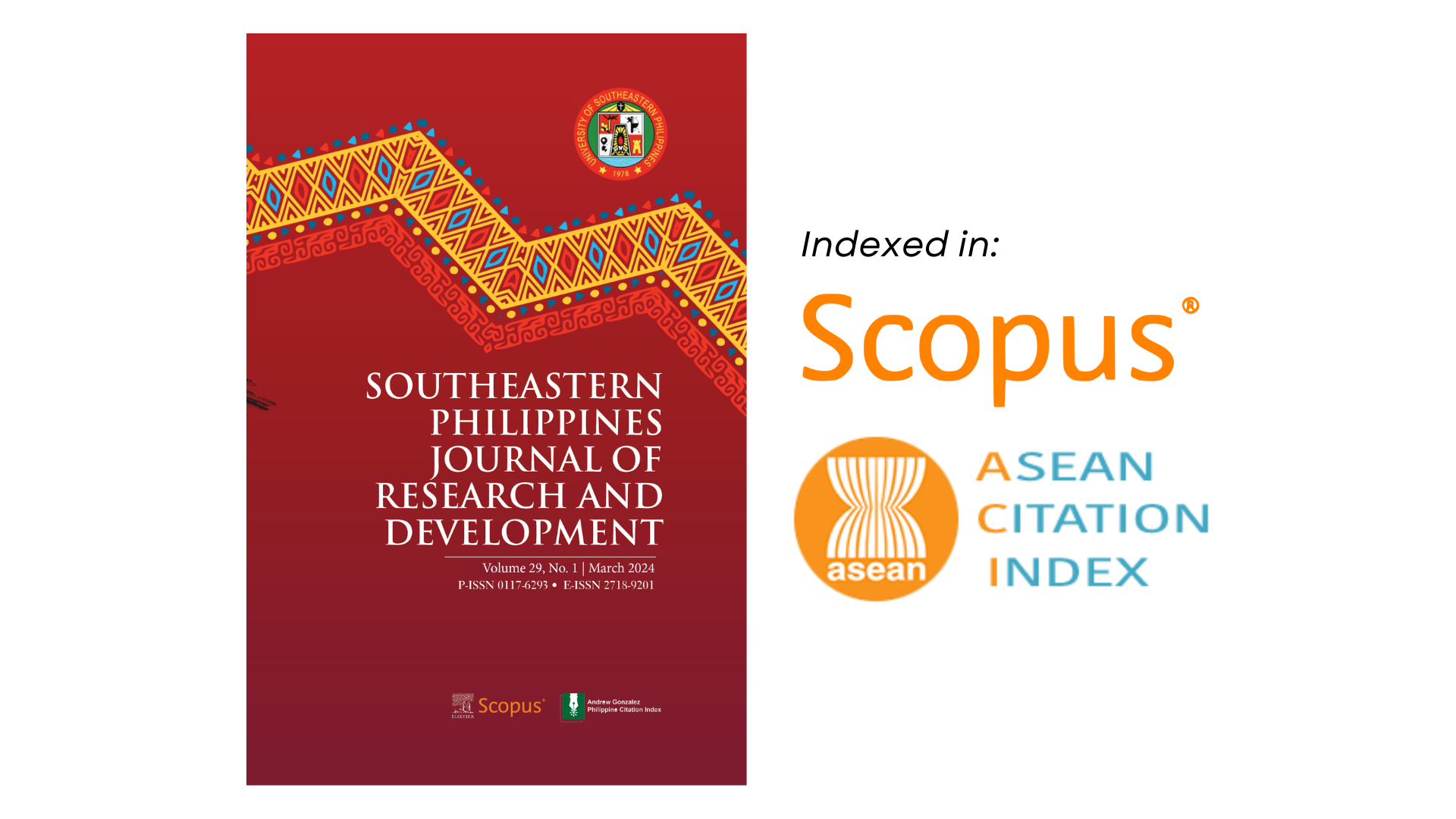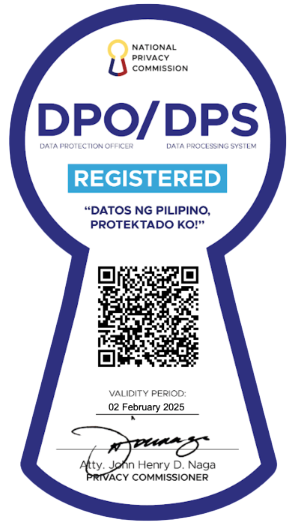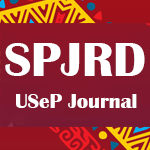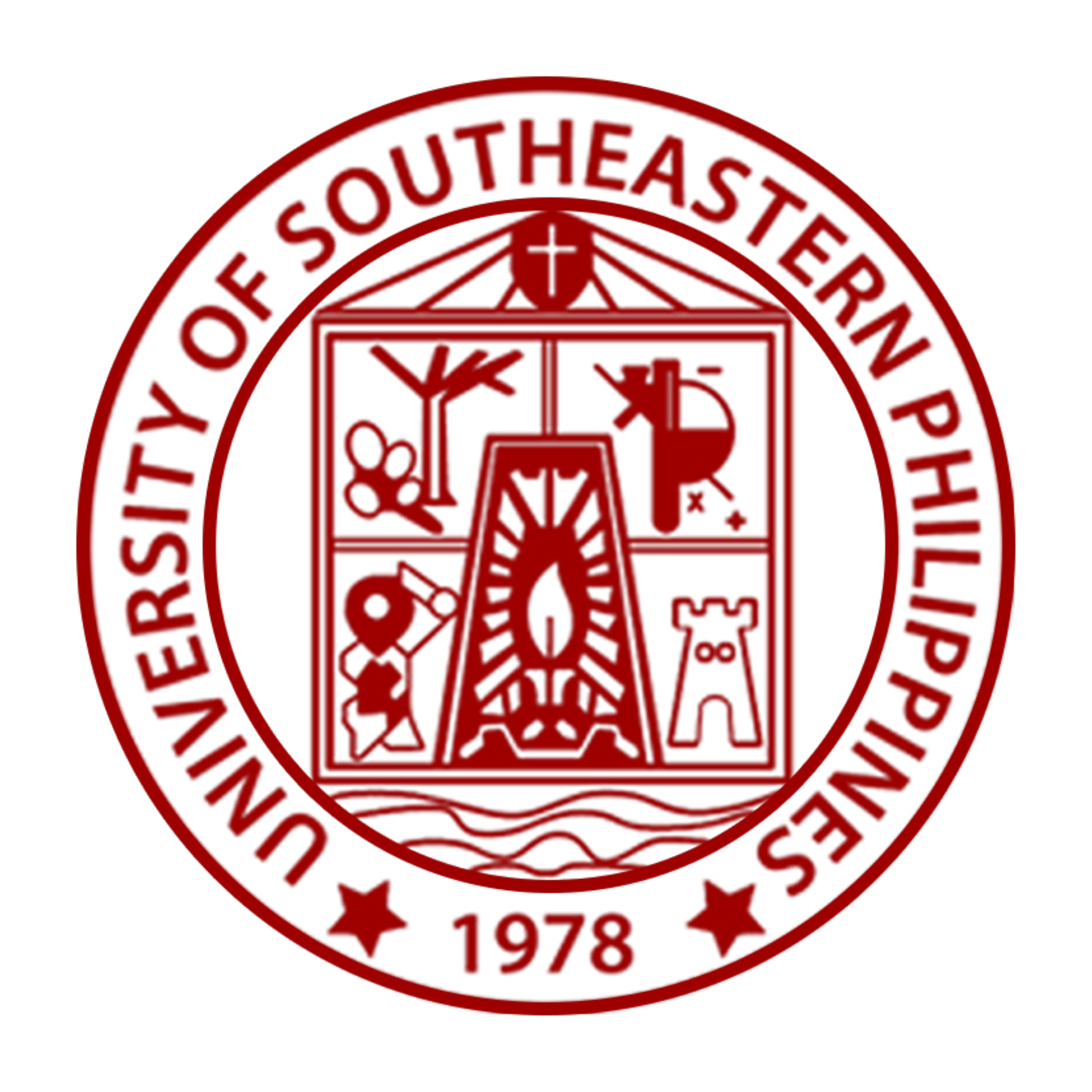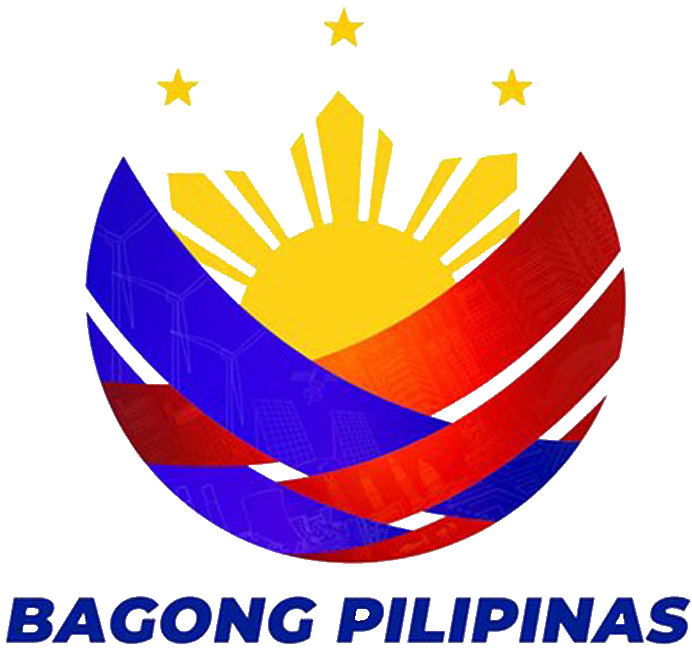The overall purpose of the 3rd International Conference on Persons Deprived of Liberty’s Transformative Education for Successful Re-entry is to provide an annual opportunity for the higher education in prison community to gather minds, bringing together educators, administrators, students, alumni, practitioners, NGOs, lawmakers, law enforcers, judges, wardens, faith-based groups, and business leaders. With the theme, “Beyond Barriers: Reconnect and Rebuild,” the Conference aims to mobilize the talent, resources, and energy needed to expand access to quality higher education and reentry support services for incarcerated and formerly incarcerated individuals. The Conference also serves as an opportunity for stakeholders to deliberate on the topics, issues, and ideas most relevant to higher education in the prison community. We envision the Conference as a sphere of knowledge exchange and an occasion to invigorate political conversations in the field.
The Conference is organized by the University of Southeastern Philippines (USeP) and the Social Entrepreneurship, Technology, and Business Institute (SETBI).
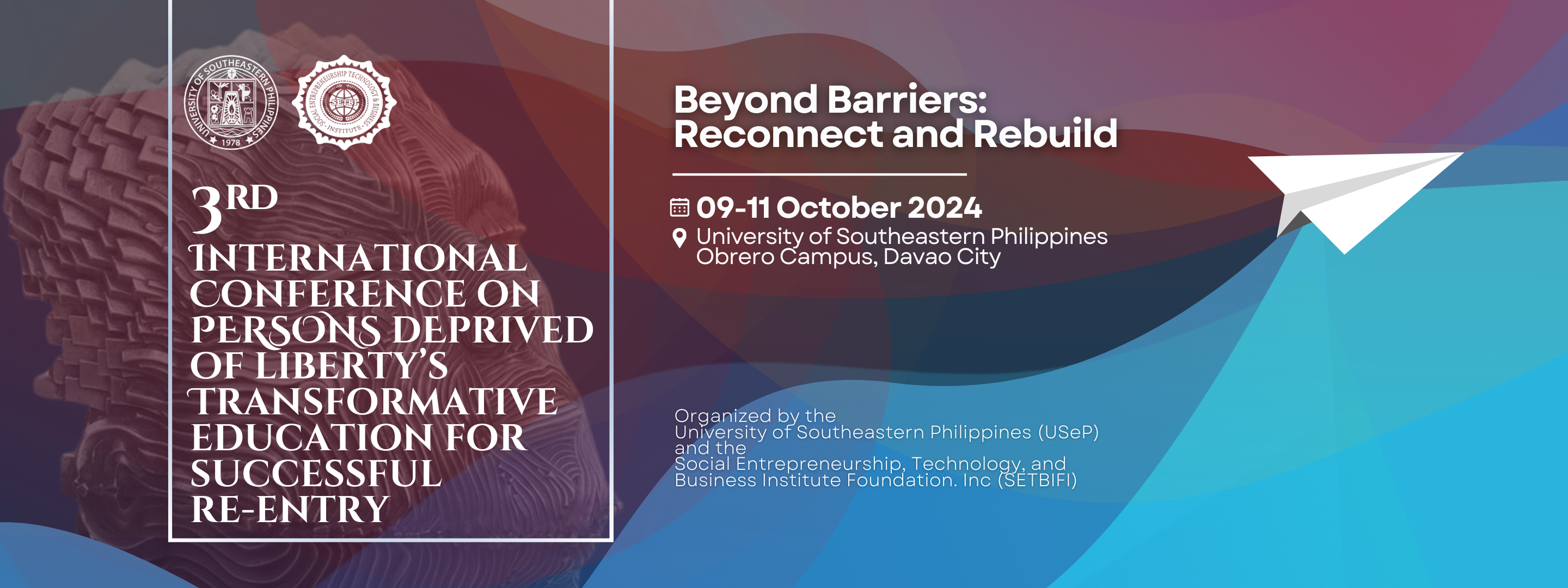
The 3rd International Conference on Persons Deprived of Liberty's Transformative Education for Successful Re-entry brings together researchers, academicians, scholars, government officials and workers, private agencies, and other cause-oriented participants. The conference highlights sharing information and research outputs from invited international experts and local researchers who will discuss relevant information and best practices related to College Education Behind Bars (CEBB).
One of the aims of the conference is to mobilize the energy, talent, training, knowledge, wisdom, expertise, research, and experience related to higher education inside the prison community to expand access to quality higher education in prisons/jails and to academic re-entry of support services for currently incarcerated and formerly incarcerated students.
Show more...
July 20, 2024: Abstract submission opens
September 1, 2024: Abstract submission closes
September 6, 2024: Notice of Acceptance released
August 1, 2024: Early registration opens
September 30, 2024: Registration closes
Jail and prison wardens, lawmakers, law enforcement officials, students, NGOs, community leaders, lawyers, judges, social workers, faith-based participants, academicians, researchers, business leaders, regional directors, and heads of other government agencies and programs. We expect between 300-500 participants to join in this conference.
1. Collaborations and Partnerships: Working Across Campus, Corrections, and/or the Community
These papers explore problems with the day-to-day practices of higher education inside prisons and jails. As the field's stakeholders routinely work across institutions of higher education, with or within the bureau of the correctional system, and with the broader community, those committed to collaborating and partnering often emerge as an important point of discussion. The session will also discuss the effects gained by parties with vested interests in criminology agreeing to work together toward a shared goal.
2. Elevating Voices: Narratives, the Arts, and Creative Expression
These papers aimed at gathering insights through the media of stories, art, and other forms of creativity to focus on the incarcerated, their plight, and solutions to preserve their dignity and agency. Presentations may showcase art in its therapeutic mode or works that give voice to the status of PDLs.
3. Equity in Policy and Practice: Access, Quality, and Pathways to Campus
"Equity" means many things to higher education in the prison community. These are papers that discuss, for example, upholding the same quality of standards and access to opportunities that exist in other higher educational contexts despite students' incarceration status; it can also mean maintaining sustained attention to how race, gender, ability, economic status, and other dimensions of identity, status, and experience impact every dimension of the field from teaching and learning to curriculum development to partnerships and program structure. Further refracting these meanings through associations with policies and practices in the field opens many ways to discuss the community's hard work in opening accessible and quality pathways to (and from) campus, particularly the work including action plans.
4. In the Classroom: Perspectives on Teaching and Learning
These papers address any aspect of "in-the-classroom" instruction, experience, or approaches that would be relevant and welcome here. Submissions may examine innovation reforms in teaching and learning in higher education or describe best practices in pedagogy or curriculum.
5. Surveying the Landscape of College Inside Prison: Research, Evaluation, and Assessment
These papers examine rigorous research, effective assessment strategies, and evaluation leading to evidence-based findings that will support learning and lead to positive behavior outcomes, not only among the inmate students but throughout the criminal justice system. The College Education Behind Bars (CEBB) program would be fertile ground for such studies.
6. The Politics of Higher Education Inside Prisons and Jails: Advocacy and Activism
These papers explore advocacy for restoring human dignity among PDLs and for equity in serving their needs, as well as successful examples of activism. Papers on garnering public and governmental support for educating incarcerated individuals and expressing their views are welcomed in addition to those on activism that seeks social transformation of PDLs.
Paper Presentation
A paper presentation will be delivered by an author/researcher in the plenary sessions. For a paper with multiple authors, only up to three presenters are allowed to present. The content review committee will group submissions according to the confernce tracks. Each presentation will last ten to twelve minutes. Identified discussants will be asked to share their reactions and comments for each presentation. Open forum and/or questions and answers will follow after the discussion.
Plenary Presentation
The plenary presentation will be delivered by invited experts who will talk on specific topics or research outputs directly related to the conference's themes. Presenters will be given 15-20 minutes. Identified discussants will be asked to share their reactions and comments on the plenary presentation. Open forum will follow for the other participants to ask questions addressed to the plenary presenters.
Poster Presentation
A poster is designed to display information, typically research, so that conference attendees may view your work. Posters combine text, graphics, and other visual data to present your project in a visually interesting and accessible way. Participants may be available at the display for questions related to their work. Presenters in the general poster session will have the option of using physical or electronic display. Presenters may upload their poster presentations to the conference website to allow pre- and post-conference viewing of materials in addition to the abstract. In addition to an abstract, the paper must include a description of how the methods and/or content of this submission embed the theme of the conference.
Stories of Former PDL
Graduates of the College Education Behind Bars program will be invited to share the story of their transformation, having persevered in obtaining a college degree and a rehabilitation program certificate. The barriers to those achievements and the outcomes of regained dignity, renewed employability, and their community participation would enrich the conference.

An Associate Professor of Political Science at the Institute for Liberal Arts and Interdisciplinary Studies at Emerson College, Boston, USA. Her research interests include comparative democratization, cultural resilience, memory politics, and social movements in the Global South and the United States. She is also the founder and Director of the Emerson Prison Initiative, which brings a BA pathway to incarcerated students in Massachusetts.

A lawyer in the state of New York and Pennsylvania. His work includes sitting on the Federal Interagency Re-entry Council, administering adult and juvenile re-entry education grant programs, and coordinating intra-agency efforts pertaining to correctional and re-entry education. He was previously employed at the Vera Institute of Justice in New York City, where he worked with the states of North Carolina and Michigan on the Pathways from Prison to Post-secondary Education Project, a five-year initiative to expand access to higher education to inmates and those recently released.
USeP Publication
Best papers will have the opportunity to be considered for publication in the Southeastern Philippines Journal of Research and Development (SPJRD), the official journal of the University of Southeastern Philippines, which is indexed in Scopus and the ASEAN Citation Index.
Accepted abstracts may submit their papers to our University journal for review, following the journal's publication and peer review policy. Visit the SPJRD website HERE for more information.
